How bad for the environment is eating meat?
Livestock farming produces 14.5% of global emissions but Britain’s farmers aim to be net zero by 2040
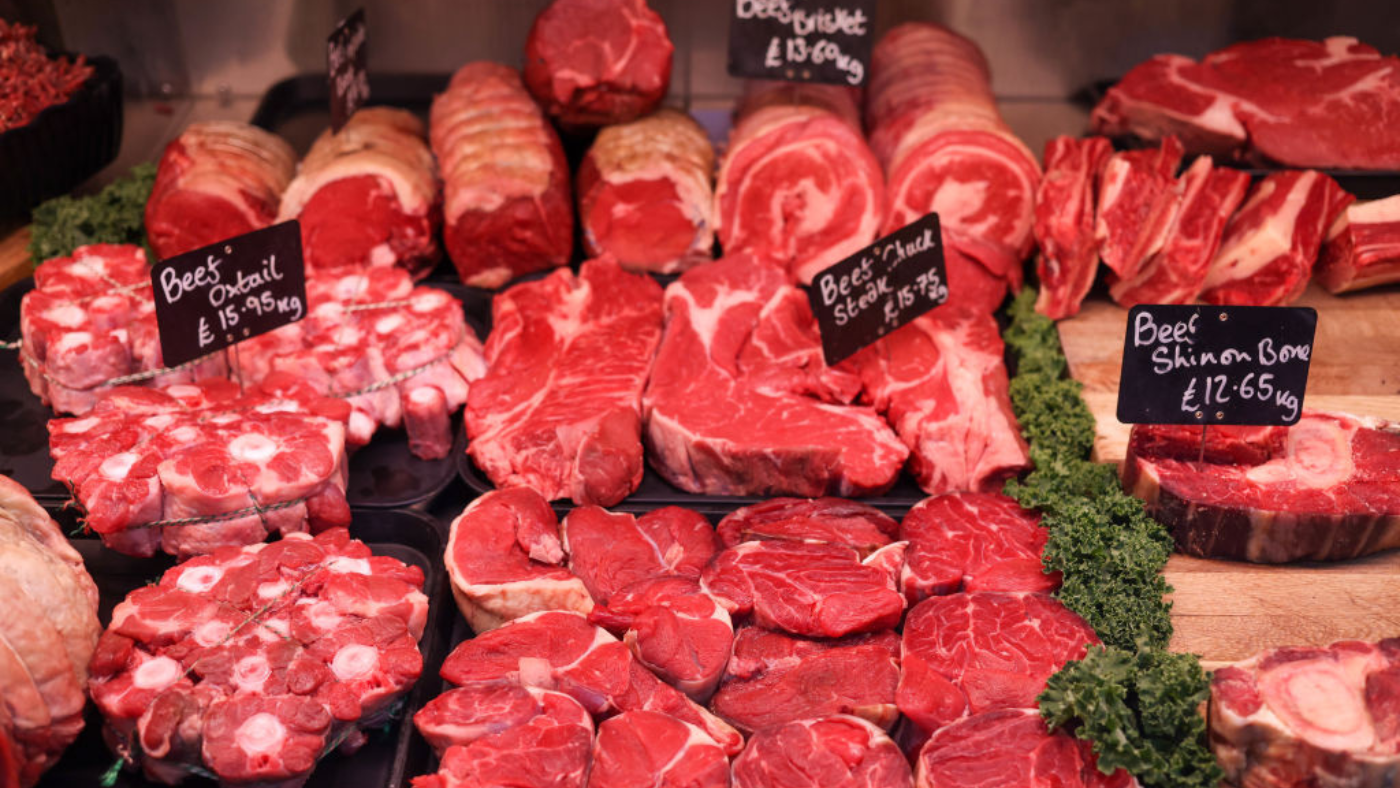
A free daily email with the biggest news stories of the day – and the best features from TheWeek.com
You are now subscribed
Your newsletter sign-up was successful
People must dramatically cut their intake of meat and dairy to avoid climate breakdown, the UK government’s food tsar has warned.
Henry Dimbleby told The Guardian that growing crops to feed to animals that provide “a very small amount of protein for us to eat” was “an incredibly inefficient use of land”.
The paper reported that a total of 85% of agricultural land in England is currently used “for pasture for grazing animals such as cows or to grow food which is then fed to livestock”.
The Week
Escape your echo chamber. Get the facts behind the news, plus analysis from multiple perspectives.

Sign up for The Week's Free Newsletters
From our morning news briefing to a weekly Good News Newsletter, get the best of The Week delivered directly to your inbox.
From our morning news briefing to a weekly Good News Newsletter, get the best of The Week delivered directly to your inbox.
A 30% meat reduction over ten years is required for land to be used sustainably in England, according to Dimbleby, co-founder of the Leon food chain and author of an independent review of the UK food system published last year. “If we fail on this,” he said, “we will fail to meet our biodiversity or climate goals in this country.”
‘Transformative potential’
Animal agriculture is a “leading cause of the climate crisis”, said Totally Vegan Buzz. The meat industry is responsible for 14.5% of global greenhouse gas emissions “from the methane it produces and through the carbon associated with the feed it eats”, the vegan news site reported.
The industry also uses a significant amount of water. The Water Footprint Network has calculated that 15,000 litres of water is needed to produce 1kg of beef. Most of that water, according to National Farmers Union (NFU),, “refers to the water footprint of the feed for the animals”..
A 2018 study by non-profit think-tank Grain and the Institute for Agriculture and Trade Policy found that the top five meat and dairy companies combined were responsible for more greenhouse gas emissions than either ExxonMobil, Shell or BP.
A free daily email with the biggest news stories of the day – and the best features from TheWeek.com
The authors concluded that, without changes, the livestock sector could be responsible for 80% of the allowable greenhouse gas budget by 2050, accelerating environmental catastrophe.
A paper published in the journal Science in 2018 found that adopting a vegan diet “has transformative potential”, including reducing greenhouse gas emissions by an average of 6.6 billion metric tons (a 49% reduction).
Lead researcher Joseph Poore, of the University of Oxford, told The Guardian that a vegan diet “is probably the single biggest way to reduce your impact on planet Earth, not just greenhouse gases, but global acidification, eutrophication, land use and water use”.
Sustainable standards
The Countryside Alliance has “hit back” at the push towards plant-based diets, claiming that UK cattle and sheep account for just 3.7% of UK carbon emissions, reported the Farmers Guardian newspaper.
The National Farmer Union has insisted that British beef “is produced to some of the highest welfare and environmentally sustainable standards in the world”, and points to the UK’s “extensive, grass-based, grazing systems”.
According to a 2020 report from the government’s Committee on Climate Change, emissions from beef production in the UK are about half the global average.
The British farming industry as a whole aims to reach net zero greenhouse gas emissions by 2040..
‘Politically toxic’
UK food tsar Dimbleby conceded that asking the public to eat less meat – supported by a mix of incentives and penalties – would be “politically toxic”, said The Guardian.
He has authored two government-commissioned reports into the UK’s food system, “but the white paper that followed, published by Boris Johnson’s government in June, was widely criticised for watering down his key recommendations”, and totally omitted his meat reduction policies, the paper reported.
“I wasn’t surprised at all,” Dimbleby said. “You’ve got huge lobbies campaigning for consumption, and the public don’t like the idea of reducing meat and dairy.”
Chas Newkey-Burden has been part of The Week Digital team for more than a decade and a journalist for 25 years, starting out on the irreverent football weekly 90 Minutes, before moving to lifestyle magazines Loaded and Attitude. He was a columnist for The Big Issue and landed a world exclusive with David Beckham that became the weekly magazine’s bestselling issue. He now writes regularly for The Guardian, The Telegraph, The Independent, Metro, FourFourTwo and the i new site. He is also the author of a number of non-fiction books.
-
 Political cartoons for February 21
Political cartoons for February 21Cartoons Saturday’s political cartoons include consequences, secrets, and more
-
 Crisis in Cuba: a ‘golden opportunity’ for Washington?
Crisis in Cuba: a ‘golden opportunity’ for Washington?Talking Point The Trump administration is applying the pressure, and with Latin America swinging to the right, Havana is becoming more ‘politically isolated’
-
 5 thoroughly redacted cartoons about Pam Bondi protecting predators
5 thoroughly redacted cartoons about Pam Bondi protecting predatorsCartoons Artists take on the real victim, types of protection, and more
-
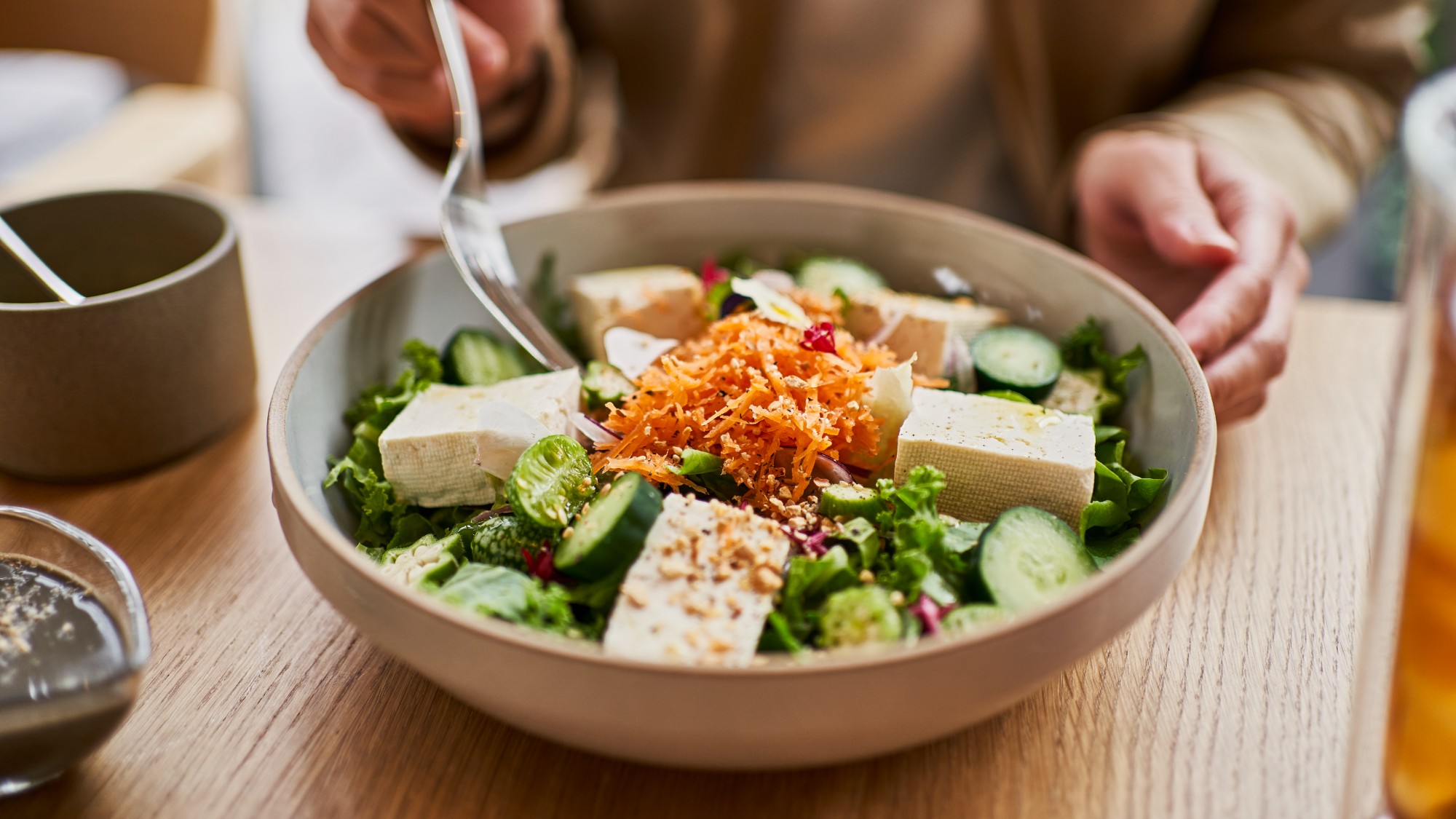 Tips and tricks for Veganuary
Tips and tricks for VeganuaryThe Week Recommends Here are some of our best recommendations for a plant-based start to the year
-
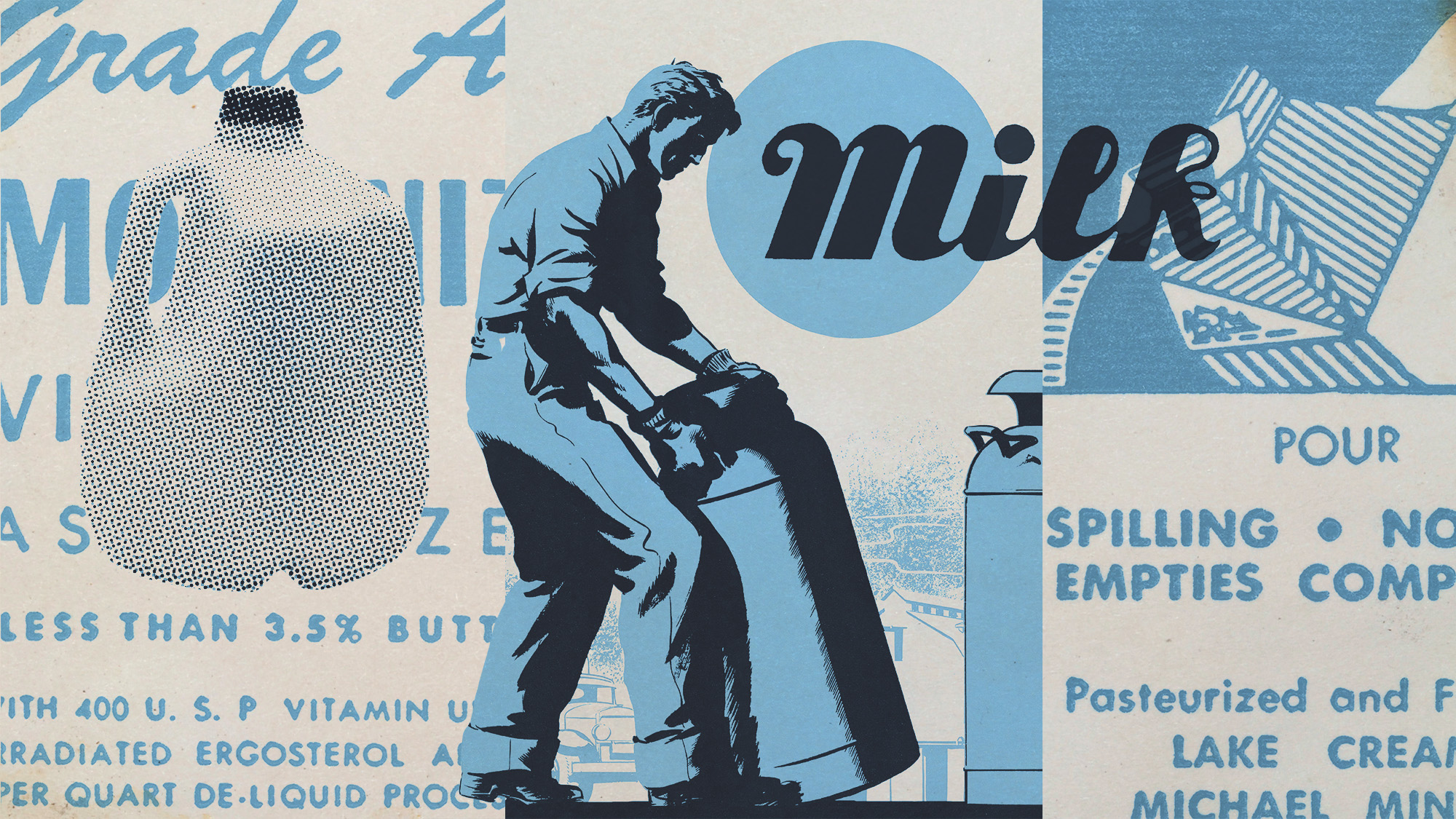 Dairy milk, once maligned, is making a comeback
Dairy milk, once maligned, is making a comebackUnder the Radar Sales of dairy milk were up 2% in 2024
-
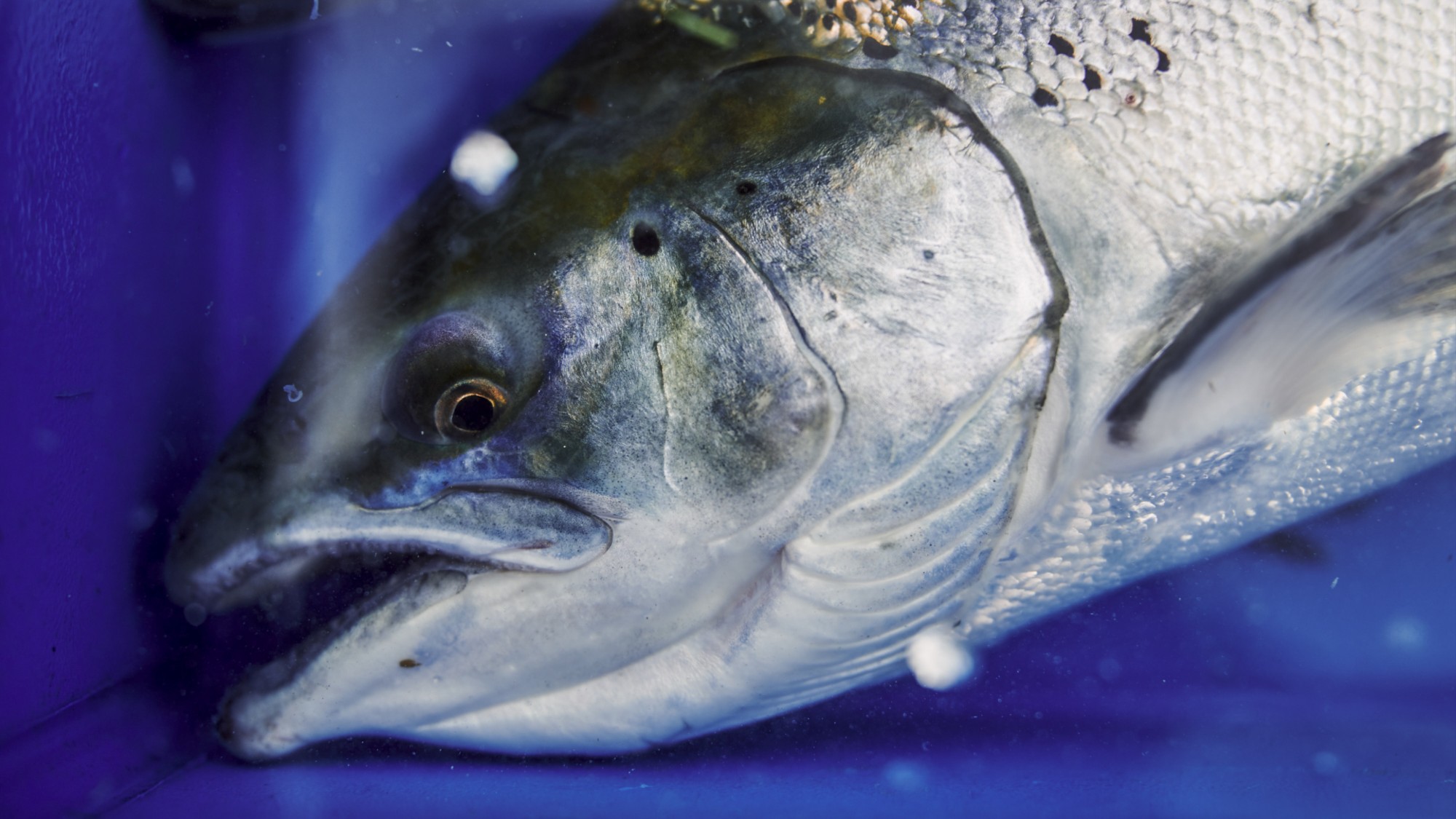 The dark side of salmon farming
The dark side of salmon farmingIn the Spotlight Scottish salmon is the UK's biggest global food export, but concern is growing over record-high death rates, escapes and environmental impact
-
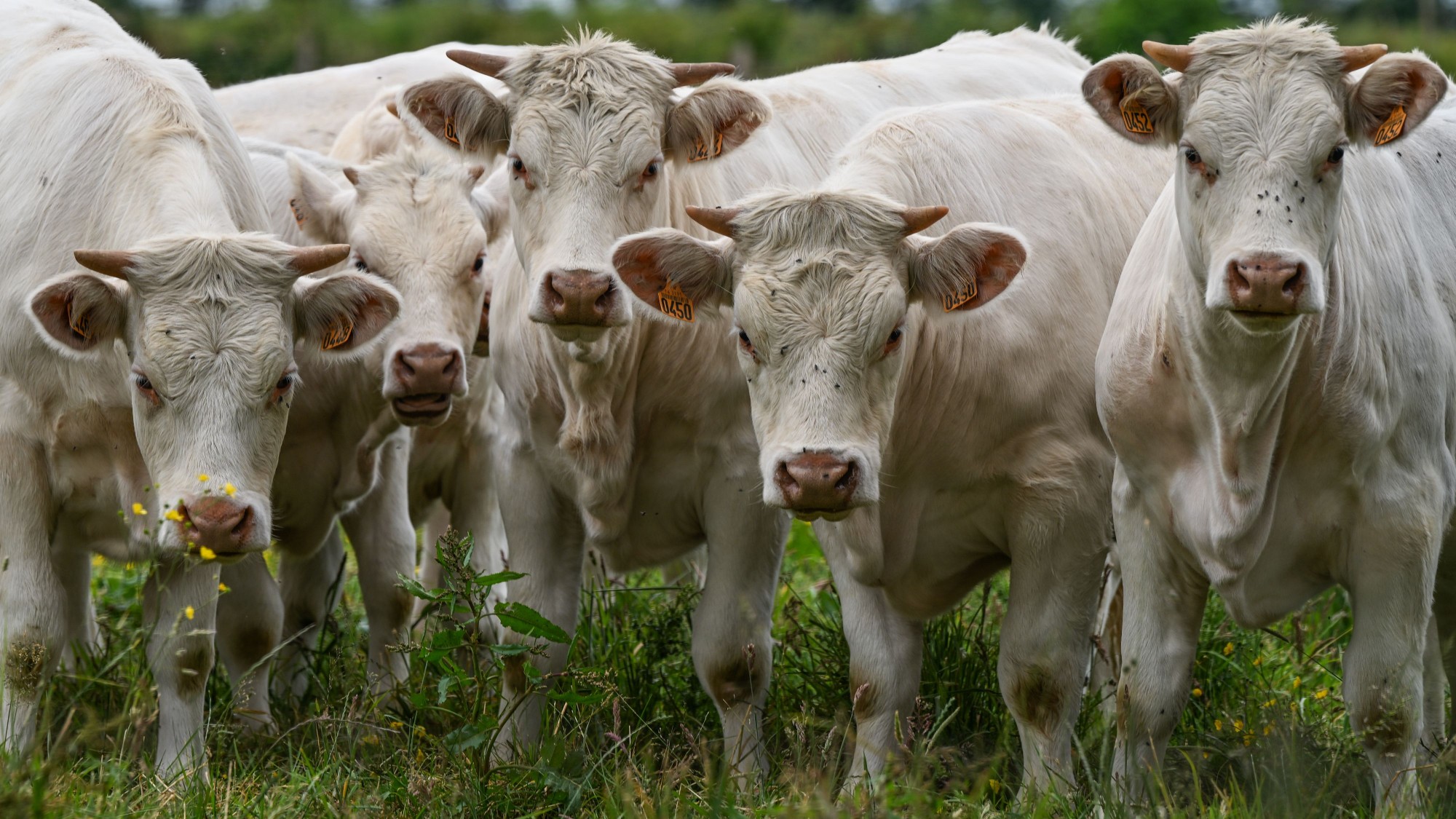 Bovaer: the new dairy additive prompting boycotts and conspiracy theories
Bovaer: the new dairy additive prompting boycotts and conspiracy theoriesIn The Spotlight Manufacturer says it wants to reduce methane emissions from cows but social media criticism has grown
-
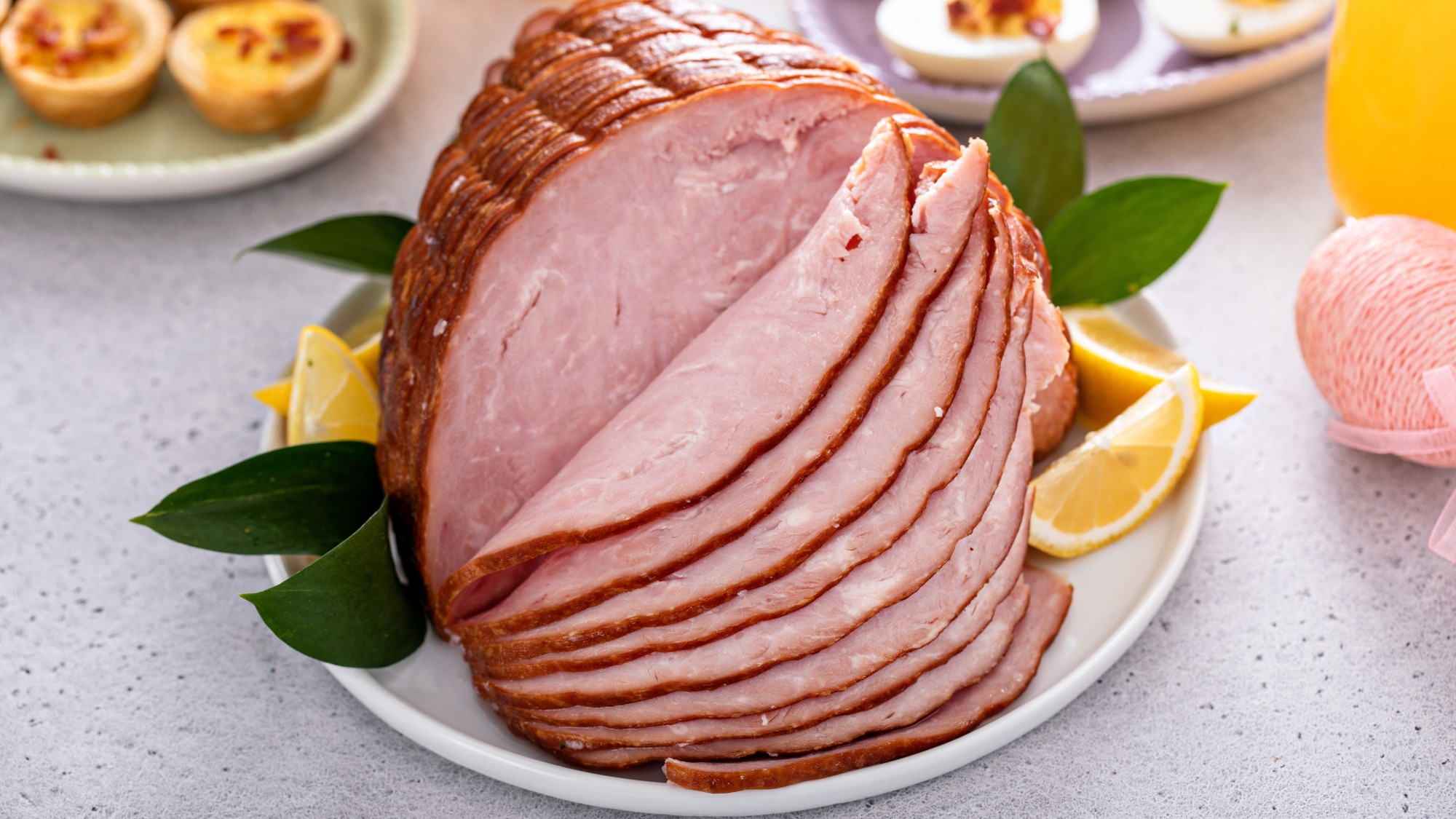 The link between meat and diabetes
The link between meat and diabetesThe Explainer Study links processed meat to the disease, but it has an 'inevitable' limitation
-
 Vegan ice creams to try this summer
Vegan ice creams to try this summerThe Week Recommends Plant-based frozen desserts are growing fast and bursting with flavour
-
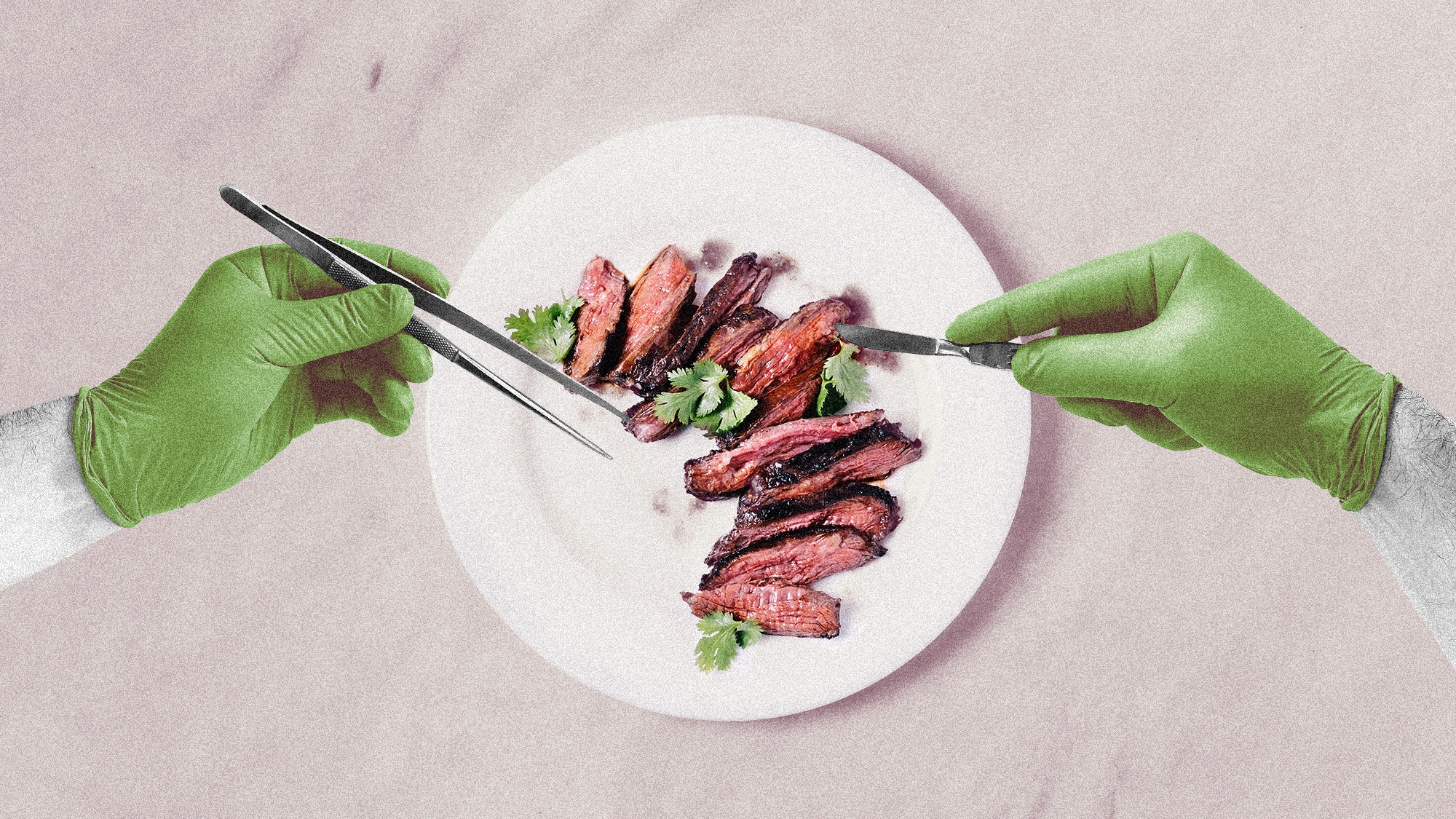 The lab-made meat that 'could kill the EU'
The lab-made meat that 'could kill the EU'Under The Radar Concerned at 'unintended consequences for farming' some farmers are 'turning rabid' over the rise of cultured meat
-
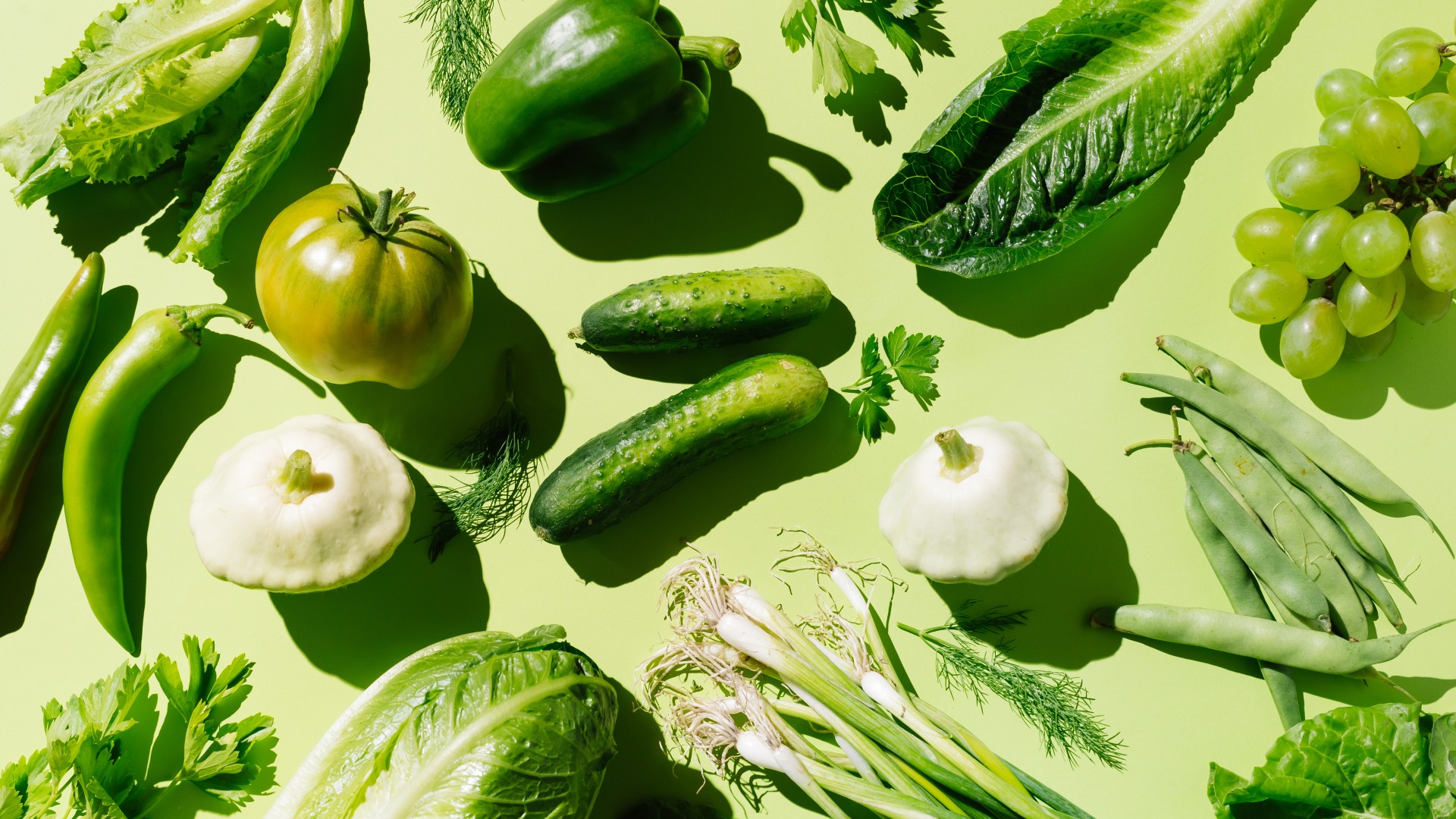 A return to basics: unprocessed vegan food makes a comeback
A return to basics: unprocessed vegan food makes a comebackThe Week recommends More people who eat a plant-based diet are avoiding meat substitutes and choosing to cook from scratch